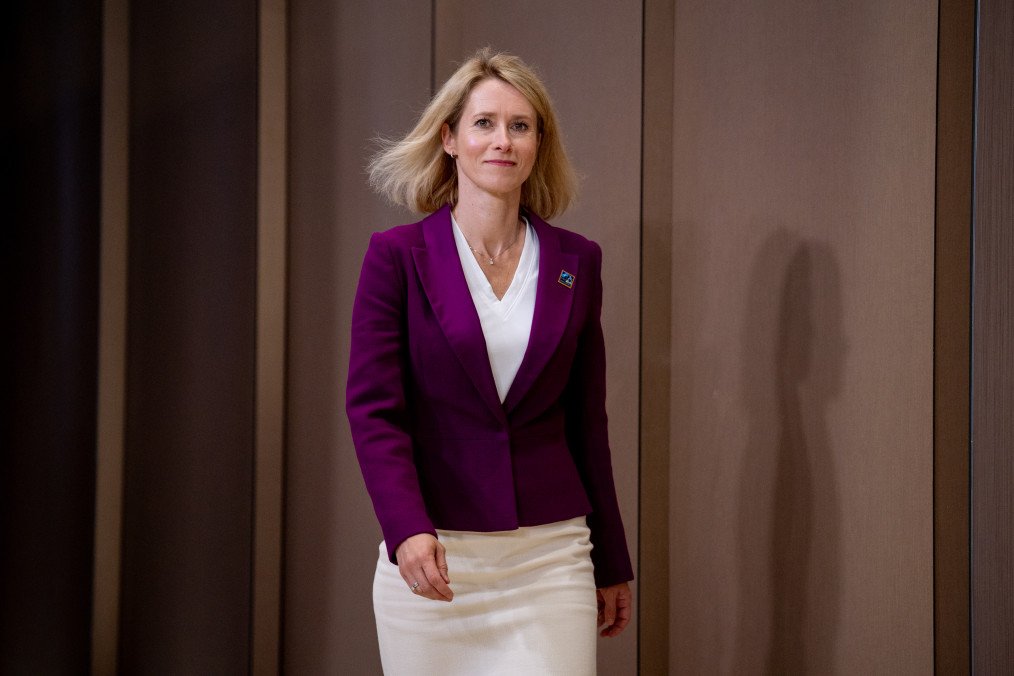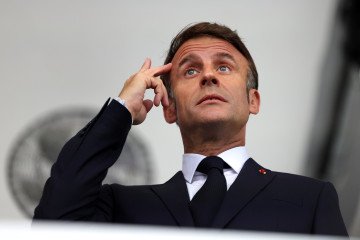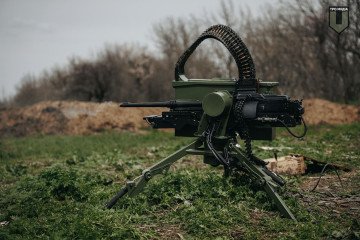- Category
- Latest news
Kaja Kallas on Foreign Troops in Ukraine: “Nothing Can Be Ruled Out”

High Representative of the European Union for Foreign Affairs and Security Policy Kaja Kallas has stated that the possibility of deploying foreign troops to Ukraine should not be dismissed.
Speaking to ANSA in her first interview since assuming the role, Kallas suggested that Europe could play a significant role if a ceasefire agreement required international oversight.
“The discussion has revolved around which countries might be willing to send soldiers to Ukraine. I believe we must maintain a certain degree of strategic ambiguity and avoid ruling anything out,” Kallas said. She added that any decision would ultimately rest with Ukraine.
The High Representative also highlighted ongoing engagement with the incoming US administration and cautioned against underestimating the challenges facing Russia. “Ukraine is enduring significant difficulties, but Moscow is grappling with economic sanctions, deficits, inflation, and workforce shortages,” she noted. Kallas emphasized that continued support for Ukraine aligns with US interests, warning that a Russian victory could bolster China, Iran, and North Korea.
Renewed Discussion on Foreign Troop Deployment
The possibility of foreign military involvement in Ukraine has been a recurring topic of debate. In the summer, French President Emmanuel Macron floated the idea of NATO forces providing non-combat support, such as training missions. This sparked discussions among allies, with Baltic states and Canada expressing openness to exploring options.
According to Le Monde, the topic has regained urgency following Donald Trump’s election victory in the United States. Reports suggest that France and the United Kingdom may lead a potential international military contingent if conditions for a ceasefire are met. While details remain classified, discussions reportedly include the deployment of both regular forces and private military contractors.
Meanwhile, UK Foreign Secretary David Lammy reiterated that London’s position remains unchanged, stating that Britain does not plan to send troops to Ukraine.
The concept of European military involvement may align with a potential plan by the new US administration. The Telegraph recently reported that President Trump could propose the establishment of a buffer zone between Ukraine and Russia, involving European and British forces, to oversee a ceasefire.
High-Level Meetings in Kyiv
Kaja Kallas’s first visit as the EU High Representative was to Kyiv, where she held discussions with Ukrainian Foreign Minister Andrii Sybiha. Accompanying European Council President António Costa, Kallas reaffirmed the EU’s solidarity with Ukraine.
“This visit at the start of her tenure underscores the EU’s unwavering commitment to supporting Ukraine in its fight for freedom, independence, and shared European security,” Sybiha stated. Discussions focused on Ukraine’s priorities, including enhanced military aid from the EU, investments in Ukraine’s defense industry, and advancing Ukraine’s EU membership. The two officials also addressed strengthening sanctions against Russia, particularly targeting its “shadow fleet.”
Ukrainian President Volodymyr Zelenskyy, however, stressed that Ukraine cannot request boots on the ground from partners, warning it could risk losing their support.
“We have never asked to send troops to our territory. Why? Do we want to? Of course, we will be happy, but if I raise the question: we need your troops on the ground, half of our allies will immediately stop supporting us,” Zelenskyy noted.


-c439b7bd9030ecf9d5a4287dc361ba31.jpg)

-72b63a4e0c8c475ad81fe3eed3f63729.jpeg)


